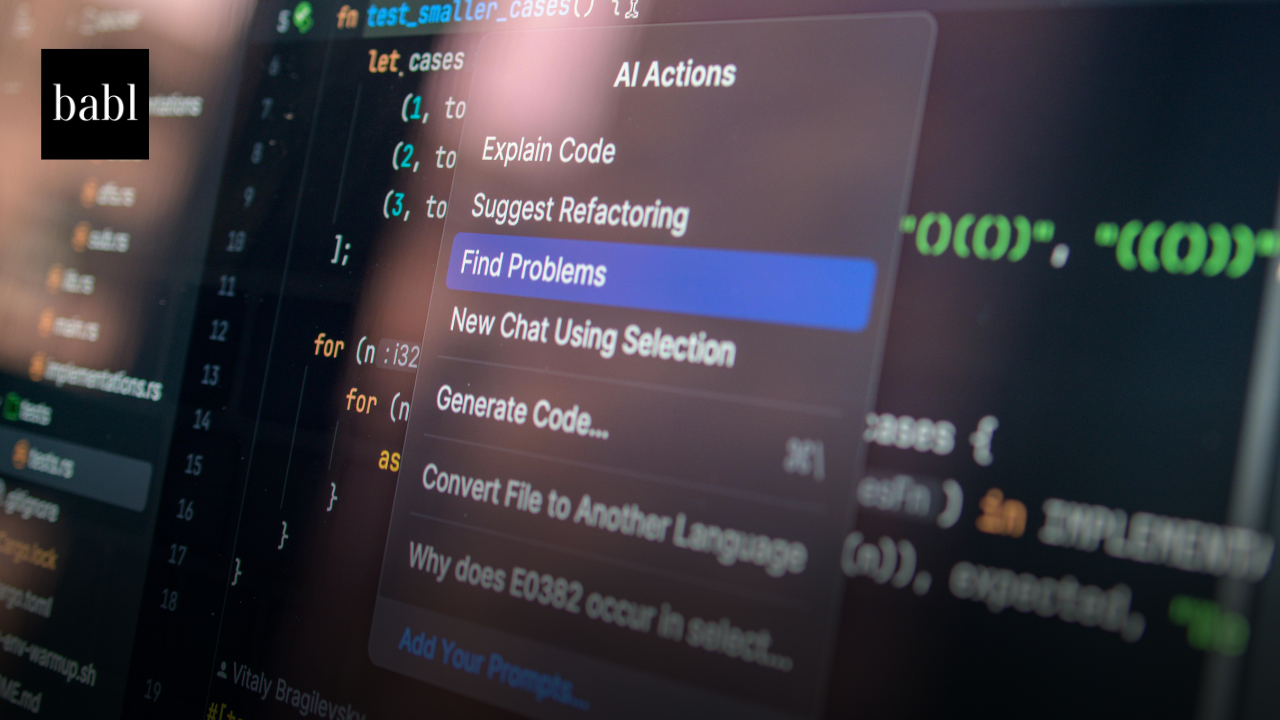Turkey has taken significant steps to address the growing importance of data privacy and security in artificial intelligence (AI) chatbots, as outlined in a newly released document from the Turkish Personal Data Protection Authority (KVKK). The report, “AI Chatbots: Privacy and Security Guidelines,” highlights the potential risks associated with the use of AI chatbots like ChatGPT and emphasizes measures for ensuring the protection of personal data.
AI chatbots simulate human conversation using natural language processing and are increasingly integrated into sectors like customer support, information retrieval, and content creation. While offering efficiency and cost savings, these systems also collect vast amounts of user data, including sensitive personal information.
The KVKK’s report acknowledges the transformative potential of chatbots but underscores the risks they pose to data security, particularly due to their reliance on large-scale data collection and processing. The document stresses that the privacy of personal data must be a central consideration in the development and deployment of AI systems.
Chatbot Use Risks
The report identifies several risks associated with chatbot use:
- Data Misuse: Personal data, including names, payment details, and communication records, could be misused if security measures are inadequate.
- Lack of Transparency: Users often remain unaware of how their data is collected, stored, and shared, raising concerns about accountability.
- Cybersecurity Threats: Weaknesses in chatbot infrastructure can lead to data breaches or unauthorized access.
- Children’s Privacy: Insufficient safeguards for age verification expose minors to potential harm and exploitation.
Risk Mitigation Recommendations
To mitigate these risks, KVKK provides a framework for developers, service providers, and policymakers. Recommendations include:
- Risk Assessment: Before deploying chatbots, organizations should conduct comprehensive risk assessments of their data processing activities.
- Transparency: Chatbots must inform users about data usage, retention periods, and third-party sharing.
- Technical Safeguards: Developers should integrate privacy-by-design principles, such as encryption and secure data transfer protocols, into chatbot systems.
- Compliance: All personal data processing should adhere to Turkey’s Personal Data Protection Law (Law No. 6698) and international standards.
- Special Provisions for Children: Proactive measures must be taken to protect minors, including accurate age verification systems.
The report also highlights the need for user education. Individuals must understand the implications of sharing personal data with chatbots and adopt best practices to protect their privacy. The KVKK encourages institutions to raise awareness and foster digital literacy to mitigate user-related risks, such as oversharing sensitive information.
Conclusion
This initiative aligns with Turkey’s broader efforts to regulate AI technologies while fostering innovation. The KVKK emphasizes that organizations leveraging AI chatbots must balance technological advancement with robust privacy and security frameworks. The guidelines call for collaboration among stakeholders, including policymakers, industry leaders, and civil society, to ensure that AI systems serve the public good without compromising individual rights.
Need Help?
If you’re wondering how Turkey’s AI policy, or any other government’s bill or regulations could impact you, don’t hesitate to reach out to BABL AI. Their Audit Experts are ready to provide valuable assistance while answering your questions and concerns.





